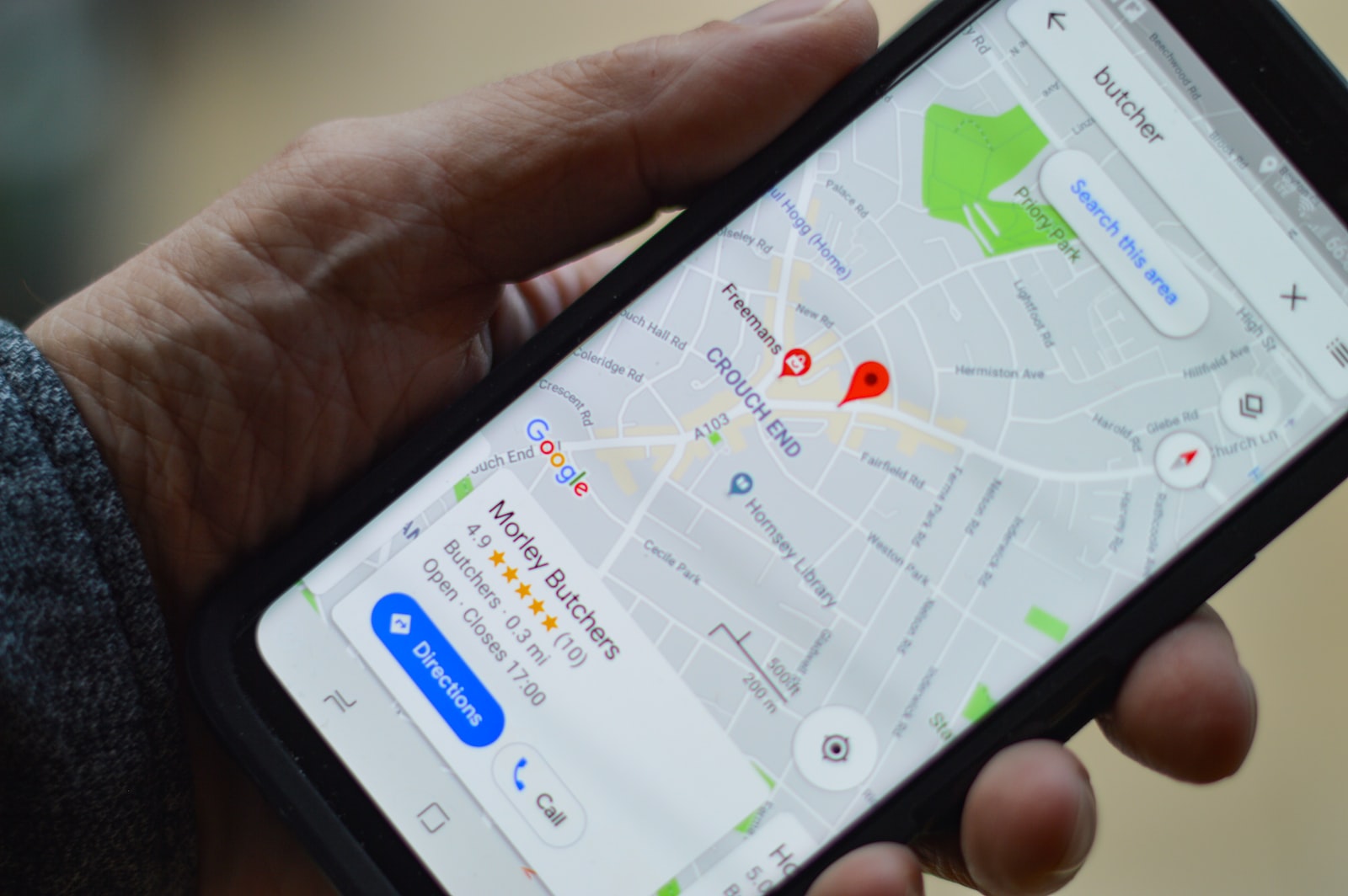Search engine optimization (SEO) is a constantly evolving field that requires marketers to stay on top of the latest trends and technologies. With search engines continually updating their algorithms, it’s essential to have a solid understanding of the available technologies to stay ahead of the curve. In this article, we’ll discuss 10 essential SEO marketing technology tools every marketer should use.
What is SEO marketing technology?
This term refers to the tools, techniques, and strategies used to optimize a website’s search engine visibility and drive more organic traffic to the site. This includes a range of techniques, such as keyword research, on-page optimization, link building, content marketing, and competitive analysis, among others.
1. Keyword Research
One of the most important SEO marketing technologies is keyword research tools. These tools help marketers identify the keywords and phrases that people use to search for information related to their businesses or products.
By incorporating these keywords into their website’s content and metadata, marketers can improve their website’s visibility and attract more organic traffic. Popular keyword research tools include Google Keyword Planner, SEMrush, and Ahrefs.
2. Link Building
Link building is an important marketing tool that helps businesses improve their search engine rankings by acquiring high-quality backlinks from other websites. Search engines like Google view backlinks as a sign of credibility and authority, indicating that a website is trustworthy and relevant. As a result, websites with more high-quality backlinks tend to rank higher in search engine results pages (SERPs) than those with fewer backlinks.
Link building also helps businesses generate referral traffic. When a website links to another website, it provides an opportunity for users to click through to the linked website and discover new content. This referral traffic can be valuable for businesses looking to increase their website’s visibility and attract new visitors.
However, not all backlinks are created equal. Search engines place more weight on backlinks from authoritative and relevant websites than those from low-quality or spammy websites. Therefore, it’s essential to focus on acquiring high-quality backlinks that will have a positive impact on your website’s search engine rankings. Popular link-building tools include Moz, Ahrefs, and Majestic.
3. Technical SEO
The technical elements of website optimization, including website speed, and mobile responsiveness, fall under the purview of Technical SEO. Marketers resort to multiple tools, such as website speed testing tools, mobile-friendly testing tools, and website auditing tools, to elevate Technical SEO. Some of the used Technical SEO tools are Google PageSpeed Insights, GTmetrix, and Screaming Frog.
4. Content Optimization
Marketers can utilize content optimization tools to enhance their website’s content and elevate its search engine rankings. Such tools scrutinize the readability, keyword density, and structure of the content, thereby ensuring its optimization for search engines.

5. Local SEO
For businesses that operate in a designated geographic region, local SEO is an indispensable aspect. This technique enables businesses to refine their website and Google My Business listing to enhance their prominence in local search outcomes: Google My Business, Moz Local, and BrightLocal are just a few of these tools.
6. Voice Search Optimization Tools
With the rise of voice assistants like Siri, Alexa, and Google Assistant, optimizing content for voice search has become essential. Voice search optimization involves optimizing content for natural language queries and incorporating long-tail keywords that people use when speaking rather than typing. Some of the most well-known voice search optimization tools include AnswerThePublic, Conversational AI, and Klevu.
7. Artificial Intelligence (AI) and Machine Learning (ML)
AI and ML technologies can analyze vast amounts of data, identify patterns, and make predictions about future trends. SEO marketers use AI and ML technologies to analyze search engine algorithms and identify the factors that affect website rankings and create more personalized content and ads for their target audience. Popular AI and ML tools include IBM Watson, Google Cloud AI, and Microsoft Azure. Here are some ways in which AI and ML are transforming the field of SEO marketing:
Automating Keyword Research
AI and ML tools can analyze vast amounts of data to identify the keywords that are most likely to generate traffic and leads for a business. This saves marketers time and effort, while also providing more accurate insights into the keywords that are most important to their audience.
Improving On-Page Optimization
These tools can identify opportunities to improve title tags, meta descriptions, and other on-page elements that affect search engine rankings.
Enhancing Content Marketing
Implementing AI and ML tools can help businesses create more effective content by analyzing data on what types of content are most popular and what topics are most likely to generate traffic and lead
Streamlining Link Building
Artificial Intelligence (AI) and Machine Learning (ML) tools have the capability to examine backlink data and recognize opportunities for businesses to create high-quality links that enhance their search engine rankings. This not only saves marketers valuable time and effort but also enables businesses to establish a more robust backlink profile.
Providing Actionable Insights
With the help of Artificial Intelligence (AI) and Machine Learning (ML) tools, businesses can obtain instantaneous feedback on their SEO performance, enabling marketers to adapt their strategies and tactics in real time. This can assist businesses in maintaining a competitive edge and accomplishing their online marketing objectives with greater speed and effectiveness.

8. Social Media SEO Tools
Platforms such as Facebook, Twitter, and LinkedIn are capable of serving as potent SEO tools. By refining social media profiles and disseminating top-notch content, businesses can enhance their website’s prominence and lure in more organic traffic. Notable SEO tools that are utilized for social media are Hootsuite, Buffer, and Sprout Social.
9. Analytics and Reporting
To measure the efficacy of their SEO techniques, analytics and reporting tools are indispensable for marketers. Such tools enable marketers to monitor website traffic, conversions, and other essential metrics, facilitating adjustments to their strategies to enhance outcomes. Well-known analytics and reporting tools include Google Analytics, Adobe Analytics, and Piwik.
10. Competitive Analysis
Competitive analysis is a key component of understanding the competitors’ SEO strategies and identifying opportunities for improvement. Here are some ways in which competitive analysis can benefit businesses:
Identify Competitor Keywords
By analyzing competitor websites, businesses can identify the keywords that their competitors are targeting and use this information to optimize their own content for those same keywords and help improve their search engine rankings and attract more organic traffic to their website.
Learn from Competitor Content
This is important as it can help you identify which types of content are generating more engagement and adjust your own content strategy accordingly.
Conclusion
As seen in this article, SEO plays a critical role in helping businesses improve their online visibility, attract more organic traffic, and generate leads and revenue. By leveraging the right tools and techniques like keyword research and on-page optimization to link building and competitive analysis marketers can optimize their strategies and stay ahead of the competition in their industry.










